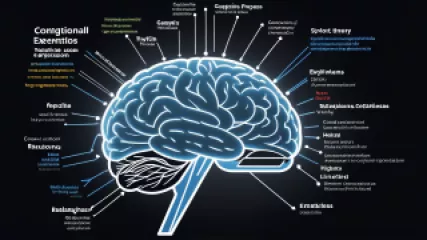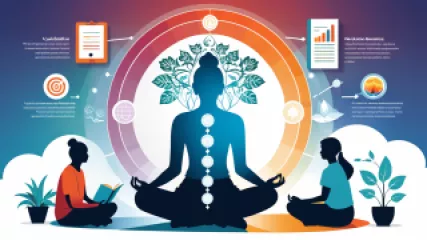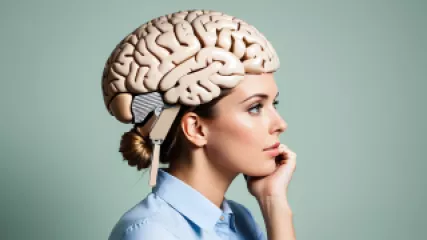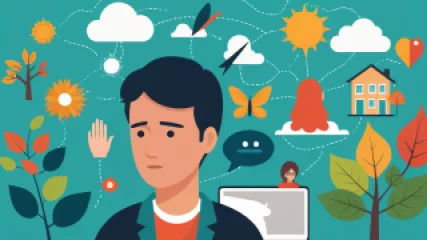How Can Relationship Coaching Help Improve Relationship Health?
for 1 år siden
Relationel Sundhed
Unlocking the Power of Emotions: An Interview with a Therapist
for 1 år siden
Forståelse af Følelser
Understanding Emotional Expression: A Research Summary
for 1 år siden
Forståelse af Følelser
10 Best Psychoeducation Resources for Personal Growth
for 1 år siden
Psykoedukation
Expert Insights: Navigating Healthy Relationships Online
for 1 år siden
Relationel Sundhed
Improving Relationship Health: A Research Summary
for 1 år siden
Relationel Sundhed
The Psychology Behind Thoughtful Gift Giving
for 1 år siden
Gavegivningens Psykologi
Why Psychoeducation is Essential for Mental Health
for 1 år siden
Psykoedukation
Mastering Your Emotions: A Step-by-Step Guide to Better Mental Health Counseling
for 1 år siden
Forståelse af Følelser
My Transformative Journey: Uncovering the Psychology of Belief
for 1 år siden
Troens Psykologi
Master Coping Strategies for Pain: A Step-by-Step Guide
for 1 år siden
Smertens Psykologi
The Ultimate Guide to Overcoming Trauma
for 1 år siden
Traume
The Psychology of Gift Giving: An Interview with a Gift-Giving Expert
for 1 år siden
Gavegivningens Psykologi
What 'Grit' Can Teach Us About Psychoeducation
for 1 år siden
Psykoedukation
A Step-by-Step Guide to Managing Obsessive-Compulsive Disorder (OCD) for Online Mental Health Coaching
for 1 år siden
Obsessiv-kompulsiv Lidelse















